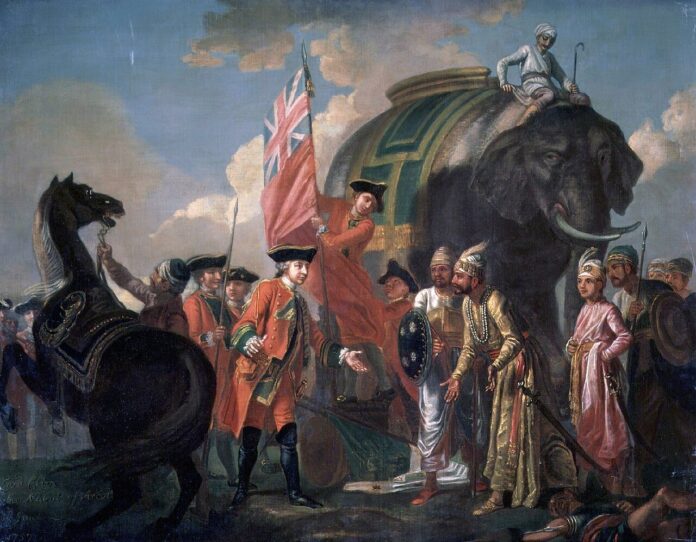The British Empire, once the largest empire in history, spanned continents and shaped the modern world in profound ways. While much has been written about its triumphs and controversies, there are still secrets and lesser-known aspects of this vast imperial enterprise waiting to be uncovered. Let’s delve into three intriguing secrets of the British Empire that shed new light on its complexities and legacies.
The Role of Espionage
Firstly, the role of espionage and intelligence gathering played a crucial but often overlooked role in the expansion and maintenance of the British Empire. From the establishment of clandestine networks in far-flung colonies to the interception of rival powers’ communications, British intelligence operations were instrumental in shaping imperial policies and strategies. The work of agents such as Sidney Reilly, the ‘Ace of Spies,’ and the exploits of the Government Code and Cypher School at Bletchley Park during World War II are just a few examples of the covert activities that helped secure and sustain British dominance.
Oppressed Indigenous People
Secondly, the British Empire was built not only on military conquest and political control but also on the exploitation of indigenous peoples and resources. The dark legacy of slavery, forced labor, and resource extraction cast a shadow over many aspects of imperial history. From the sugar plantations of the Caribbean to the diamond mines of South Africa, the empire’s economic prosperity was often built on the backs of enslaved and oppressed populations, leaving a legacy of exploitation and inequality that continues to reverberate to this day.
It Varied a Lot
Lastly, the British Empire was not a monolithic entity but a complex web of diverse cultures, languages, and identities. While English was the dominant language of administration and commerce, the empire was home to a multitude of indigenous languages and dialects, each with its own rich heritage and traditions. Moreover, the empire’s multicultural societies gave rise to vibrant hybrid cultures and communities, blending British, indigenous, and immigrant influences in fascinating ways. From the cuisine of colonial India to the music of the Caribbean, these cultural exchanges and syncretisms are a testament to the enduring legacy of the British Empire in shaping global culture.

